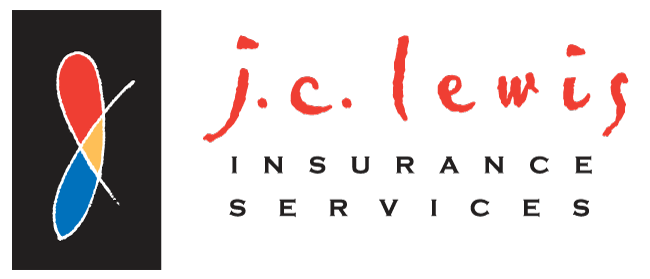Offering health insurance to your employees is one of the best ways to attract and retain top talent. However, understanding the different types of health plans—HMO, PPO, and EPO—can feel overwhelming. Each plan type has its own structure, costs, and level of flexibility, which can affect both you and your employees.
Here’s a breakdown of these common plan types to help you decide which one might be the best fit for your business.
What Is an HMO Plan?
A Health Maintenance Organization (HMO) plan requires members to choose a primary care physician (PCP) and get referrals for most specialist visits. These plans are known for having lower premiums and out-of-pocket costs, but they typically have more limited provider networks.
Pros:
- Lower monthly premiums and copays
- Focus on preventive care and coordinated services
- Predictable costs for routine care
Cons:
- Requires referrals for most specialists
- No coverage for out-of-network care (except emergencies)
HMOs can be a great option for businesses looking to provide affordable coverage with an emphasis on preventive care.
What Is a PPO Plan?
A Preferred Provider Organization (PPO) plan offers more flexibility in choosing healthcare providers. Members don’t need referrals to see specialists and can receive care both in- and out-of-network (though out-of-network care is usually more expensive).
Pros:
- Greater flexibility in choosing doctors and specialists
- No referrals needed for specialists
- Coverage for out-of-network providers (at a higher cost)
Cons:
- Higher premiums compared to HMOs
- Deductibles and out-of-pocket costs can be more expensive
PPO plans are ideal for businesses whose employees value having more provider options and fewer restrictions on specialist visits.
What Is an EPO Plan?
An Exclusive Provider Organization (EPO) plan is somewhat of a hybrid between HMOs and PPOs. EPOs have a network of providers like HMOs, but referrals are not required to see specialists. However, EPOs generally do not cover out-of-network care except in emergencies.
Pros:
- Lower premiums than PPOs
- No referrals required for specialists
- More provider flexibility than HMOs (within the network)
Cons:
- No out-of-network coverage (except emergencies)
- Smaller provider networks compared to PPOs
EPOs can be a good middle-ground option for businesses wanting to provide flexibility without the higher cost of PPO plans.
Factors to Consider When Choosing a Plan
When deciding which type of plan to offer, consider the following:
- Your Budget: HMOs typically cost less, while PPOs and EPOs may have higher premiums.
- Employee Needs: A workforce with families or chronic health conditions might prefer PPO flexibility.
- Provider Access: If employees value freedom in choosing doctors, PPOs or EPOs may be better options.
According to the Kaiser Family Foundation, PPOs remain the most common plan type offered by employers, but HMOs and EPOs are becoming increasingly popular as businesses look for ways to manage rising healthcare costs.
Making the Right Choice for Your Team
There’s no one-size-fits-all answer to which plan is best; it depends on your company’s budget, employee preferences, and how much flexibility you want to offer. The right insurance broker can walk you through your options, compare costs, and ensure you choose a plan that meets your business goals.
Choosing the right health plan is an important decision for both you and your employees. J.C. Lewis Insurance Services has decades of experience helping businesses in Arizona find affordable, comprehensive health insurance plans that meet their unique needs. Call 707-978-2359 or visit jclis.com to explore the best options for your employees today.




